News
-
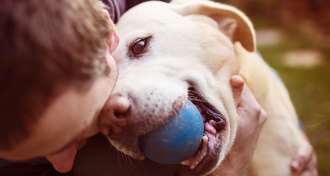 Animals
AnimalsDNA trail leads to new spot for dog domestication
A new study suggests that dogs were first domesticated in Central Asia.
-
 Neuroscience
NeuroscienceSigns of Huntington’s show up in the brain in childhood
Hints of Huntington’s disease show up in the brain long before symptoms do.
-
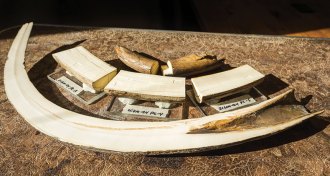 Paleontology
PaleontologyNew evidence weakens case against climate in woolly mammoths’ death
Hunters responsible for woolly mammoths’ extinction, suggests a chemical analysis of juveniles’ tusks.
By Meghan Rosen -
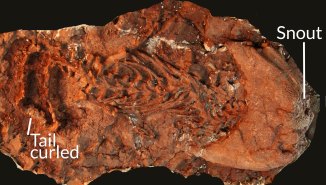 Paleontology
PaleontologyDimetrodon’s diet redetermined
The reptilelike Dimetrodon dined mainly on amphibians and sharks, not big herbivores as scientists once believed.
By Meghan Rosen -
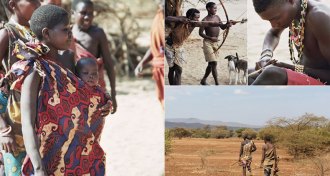 Anthropology
AnthropologySleep time in hunter-gatherer groups on low end of scale
Hunter-gatherer communities in Africa and South America have similar sleeping patterns as people living in postindustrial societies, researchers find.
-
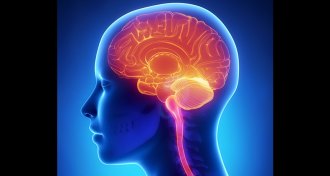 Neuroscience
NeuroscienceAdolescent brains open to change
Adolescent brains are still changing, a malleability that renders them particularly sensitive to the outside world.
-
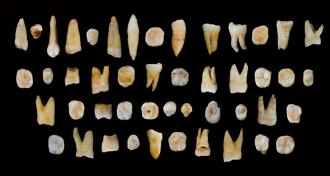 Anthropology
AnthropologyLong before going to Europe, humans ventured east to Asia
Cave finds indicate modern humans reached southern China long before entering Europe.
By Bruce Bower -
 Environment
EnvironmentAir pollutants enter body through skin
Although scientists have largely viewed skin as an unimportant portal to blood for toxic air pollutants, new human data show that skin can surpass lungs as a route of entry.
By Janet Raloff -
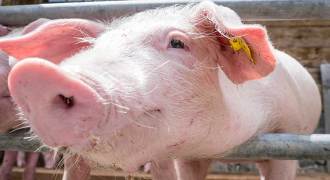 Genetics
GeneticsGene editing makes pigs safer for human transplants
CRISPR/Cas9 disables multiple viruses at one time
-
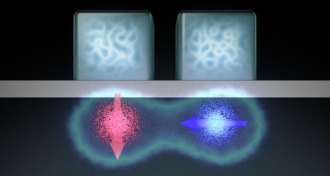 Quantum Physics
Quantum PhysicsFuture quantum computing could exploit old technology
Silicon transistors have been modified and patched together to form logic gates that could perform calculations in future quantum computers.
By Andrew Grant -
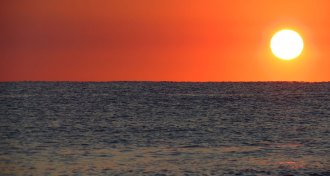 Oceans
OceansOxygen in Black Sea has declined by more than a third since 1955
The Black Sea’s oxygen-rich surface layer shrank by more than a third from 1955 through 2013, compressing marine habitats and bringing toxic hydrogen sulfide closer to the surface.
-
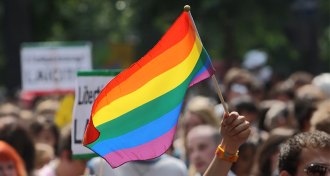 Genetics
GeneticsChemical tags on DNA appear to differ between gay and straight men
DNA marks distinguished homosexual men from heterosexual men with in a small twin study.